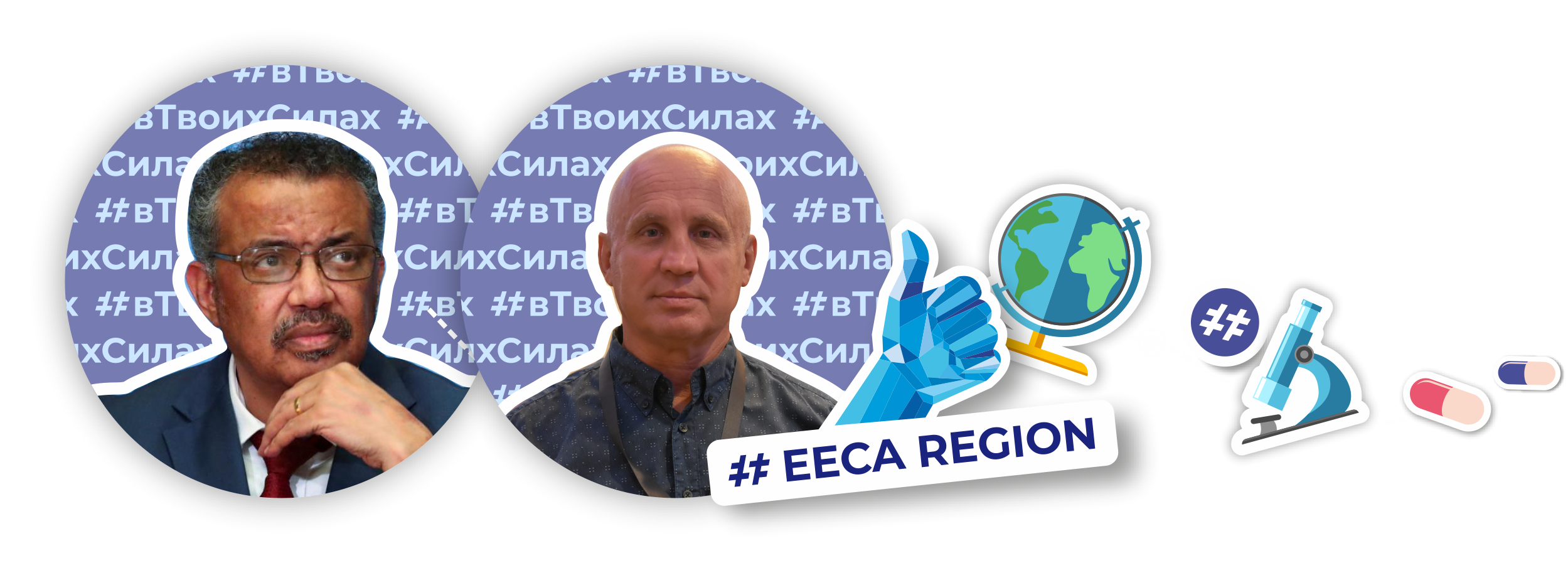In the country, due to the coronavirus pandemic, HIV testing services were reduced, and prevention services have found themselves in unfavorable legal and social conditions. It became a real challenge for both nongovernmental organizations – service providers, and for their recipients – people living with HIV, and representatives of key groups.
Continue readingNo one living with HIV in Estonia should be left without support
On March 12, in connection with the global coronavirus pandemic and its possible wider spread in Estonia, the authorities imposed a state of emergency in the state until May 17, 2020.
Continue readingExpanding Access to Vital Technologies
Patents and licenses for modern medications for the treatment of various diseases (in particular, such as HIV infection and related opportunistic infections, tuberculosis and others) limit the competition of offers, promote non-transparent pricing and the high cost of treatment. As a result, access to the necessary medicines for a large number of people requiring treatment is difficult, and effective timely counteraction to the spread of diseases is complicated, and it is impossible to reduce mortality and to improve the quality of life of the world’s population.
Continue readingVital services should be provided
It is estimated that there are 8,100 PLHIV in Azerbaijan, 6,804 of which were registered at the AIDS center at the beginning of 2020. The HIV epidemic in Azerbaijan is concentrated among key population groups, with the most significant epidemic process among IDUs and MSM. But this trend is gradually declining. If we consider the percentage in comparison, it used to be 64%, now is about 50%. In the new realities of the pandemic, the need arose for comprehensive HIV + COVID-19 prevention.
Continue readingHIV testing and support for homeless people
Due to the pandemic of the coronavirus infection COVID-19, many of the homeless people lost regular support, and adequate access to medical services, which were difficult to get at the usual time, became practically impossible. The high level of stigma and discrimination in the terms of which they live increases the risk of contracting not only COVID-19, but also tuberculosis, HIV, hepatitis and other diseases.
Continue readingQuarantined HIV
Since March, the Minsk City Hospital for Infectious Diseases on Kropotkin Street began to work with patients who have diagnosed with COVID-19. But it is the only health facility in the city that deals with the issue of dispensation of ART medications. In order to separate the flows, the hospital made various entrances, but it is still psychologically difficult for HIV-positive people to come there. A lot of patients preferred to be self-isolated. The social workers from the organization Positive Movement decided to deliver therapy to people at home so that no one had to interrupt treatment.
Continue readingOST Hotline is the most important communication platform for OST patients under COVID-19 quarantine restrictions
During the COVID-19 pandemic, in connection with quarantine, the corresponding restrictions and changes in the usual treatment for OST patients, there was a need for particularly active technical support, advocacy and information for existing and potential patients on all issues related to the specific treatment during quarantine.
Continue readingSustainability of services for the transgender community in an emergency
It is estimated that there are 8,100 PLHIV in Azerbaijan, 6,804 of which were registered with the HIV service at the beginning of 2020. The HIV epidemic in Azerbaijan is concentrated among key populations, with the most significant epidemic process among IDUs and MSM. The transgender (TG) community is becoming more visible in Azerbaijan.
Continue readingFeatures of an operational study on the acceptability of HIV self-testing in a pandemic
As part of the SoS_project, in early 2020, the Georgian Harm Reduction Network launched an operational study to assess the acceptability of HIV self-testing among men who have sex with men and people who inject drugs in Georgia.
Continue readingCan they really hear us?
Due to the situation with coronavirus in Bishkek, Osh, Jalal-Abad and three districts, the state of emergency has been operating since March 25. Citizens residing in these territories are strictly forbidden to be on the street during curfew hours from 20:00 to 7:00. In the daytime it is allowed to leave the house only to a store, pharmacy or health facility.
Continue reading








